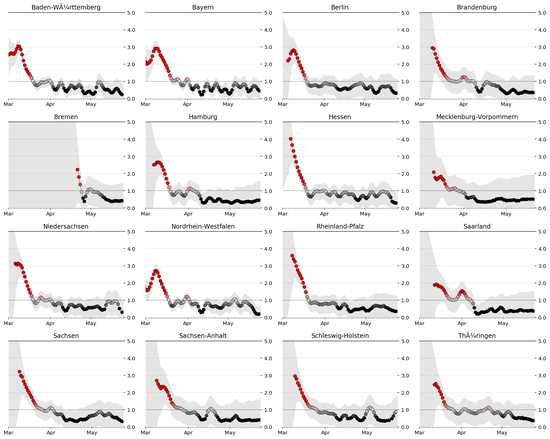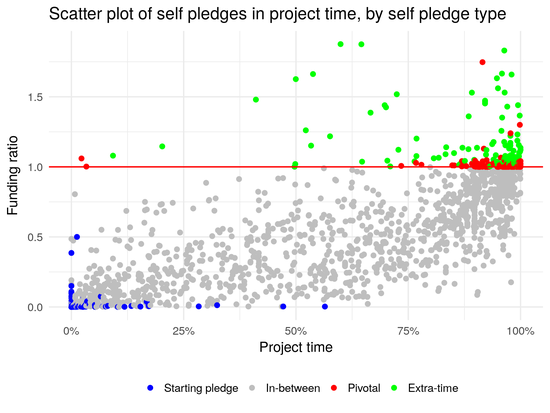Biography
I am a social scientist working with data. My core research interest is pro-social behavior. I study its underlying motivations (e.g. reciprocity, moral emotions, self-, and social-image concerns) as well as its potential for improving market allocations. Crowdfunding, a recently emerged alternative funding channel for entrepreneurial activities, is a particular focus of mine. For my analysis I employ laboratory or field experiments as well as big data sets from online sources.
Interests
- Behavioral economics
- Experimental economics
- Crowdfunding and e-commerce
- Machine Learning
Education
PhD in Economics, 2004
University of Bristol, UK
Diploma in Economics, 2000
University of Munich, Germany

